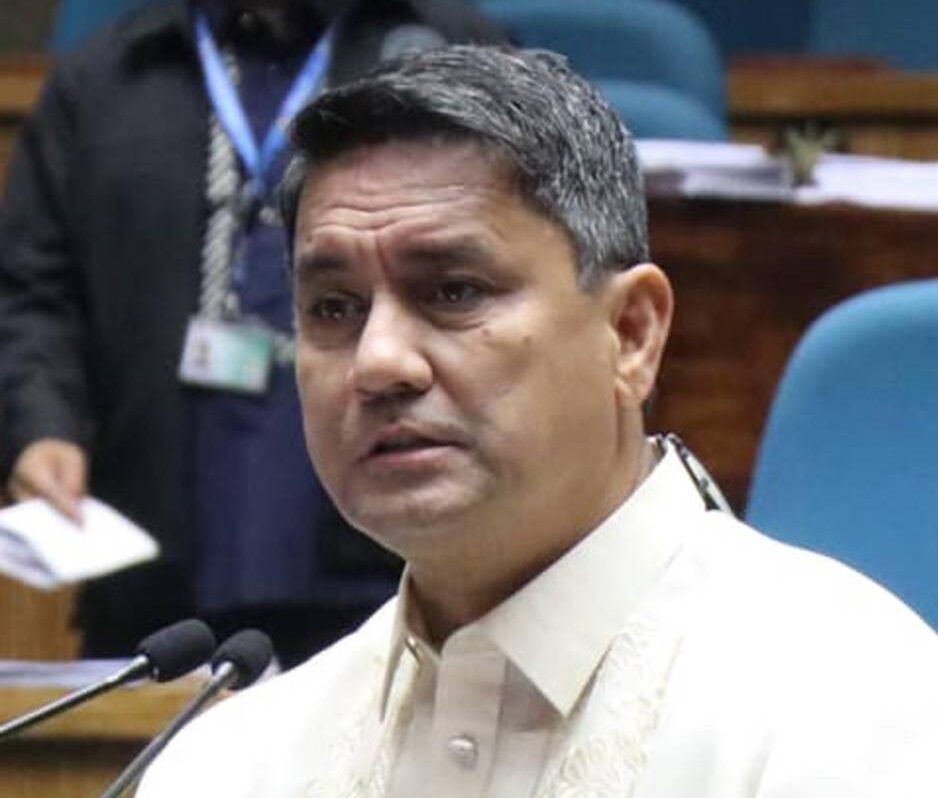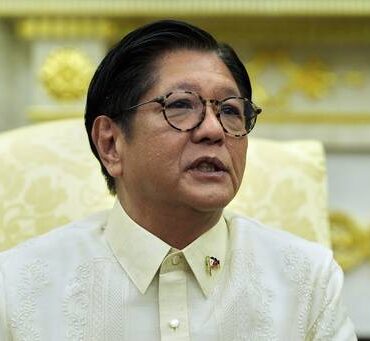Gomez rant vs journos could lead to House ethics probe

Actor-turned-politician Richard Gomez is under fire for his social media rant against journalists who were seeking the Leyte congressman’s reaction to allegations linking him to a faulty flood control project in his district.
In a Facebook post on Thursday, Gomez, instead of addressing the queries, dismissed them on orchestrated “media spin” and shared the screenshots of the messages he got from the journalists.
He also exposed their names and contact numbers—a move that a fellow lawmaker took note of as a possible ground for the House ethics committee to look into Gomez’s conduct.
“We need to see if there was a privacy violation … from the looks of it, I think the journalists have a reason to actually consider whether there’s a privacy violation done against them,” Bicol Saro Rep. Terry Ridon said on Friday.
This view was supported by Deputy Speaker and Antipolo Rep. Ronaldo Puno, who urged the concerned journalists to bring Gomez’s case before the ethics panel.
The journalists were trying to get Gomez’s side after Mayor Bernardino Tacoy of Matag-ob, Leyte, linked him to a flood control structure that collapsed recently due to heavy rains and flooding.
Asking hard questions
Ridon reminded Gomez of the need to respect the work of the press and to back his accusations with actual evidence.
“It’s difficult to air assumptions that our brothers and sisters in the media are being paid to do a particular thing. [M]ore importantly, the role of the media is to speak truth to power,” Ridon said.
“I think even the highest officials of the government should know and understand that just because the media is asking the difficult and hard questions [doesn’t mean] they are being paid to do so by their political opponents or that there were ill intentions behind the hard questions,” he added.
Puno said government officials, including lawmakers, should be able to adequately explain issues to the public.
“That is why we were elected as legislators because the people believed in our capabilities to explain clearly,” Puno said at a press conference at the House.
‘Expensive’ media spin
He added that Gomez couldn’t even provide a proper explanation on the issues he’s facing, and “compounds [it] by insulting people. It doesn’t look good.”
In his Facebook post Gomez, pointed out the “similarities” in the journalists’ questions.
“This media spin they’re doing against me may be costing a lot,” he said. “You can tell that someone is orchestrating and paying for it.’’
Gomez ended his post using a derogatory term: “Gastos pa more mga ungas (Keep on funding it, idiots).”
The screenshots he posted included the phone numbers of at least five reporters who sent him the questions.
As of press time, Gomez’s post had already garnered more than 800 shares and nearly 4,000 reactions. Access to its comments section, however, remained restricted.
Among the reporters whose name and phone numbers were exposed was Gabriel Pabico Lalu of the Inquirer.
The Inquirer issued a statement on Friday requesting Gomez to either take down or redact the posts showing the personal information of the journalists.
‘’We believe this step serves both the public interest and our mutual commitment to respectful engagement,” the statement read.
Media literacy
Danilo Arao, a professor of journalism at the University of the Philippines Diliman, said Gomez’s statements should prompt the House leadership to organize media literacy seminars for legislators.
“Gomez should attend that media literacy seminar, but the others should also attend so that they would know the workings of the press, so that they can set the proper expectations for the media,” Arao told the Inquirer in a phone interview.
Criticism of the media comes with the territory, Arao said, but accusations such as those made by Gomez should be backed by actual evidence.
“[Gomez] owes all journalists and media workers an apology for the misplaced notion of the media and for thinking that interview requests automatically mean ‘media spin’ and worse, paid content or that the media can be easily bought,” he said.
Data privacy
The National Union of Journalists of the Philippines (NUJP) also called out Gomez, saying making the journalists’ phone numbers public is a potential violation of data privacy and exposes them to harassment and fraud.
“We remind Gomez that [the] media asking for his side on the matter actually favors him,” the NUJP said in a statement. “If Gomez preferred not to speak about the issue, a simple ‘no comment’ or lack of response would have sent that message without imputing malice or exposing our colleagues’ private information.”
Crying “media bias and spin” in a bid to avoid answering questions “will only go so far,” the media union said.

















